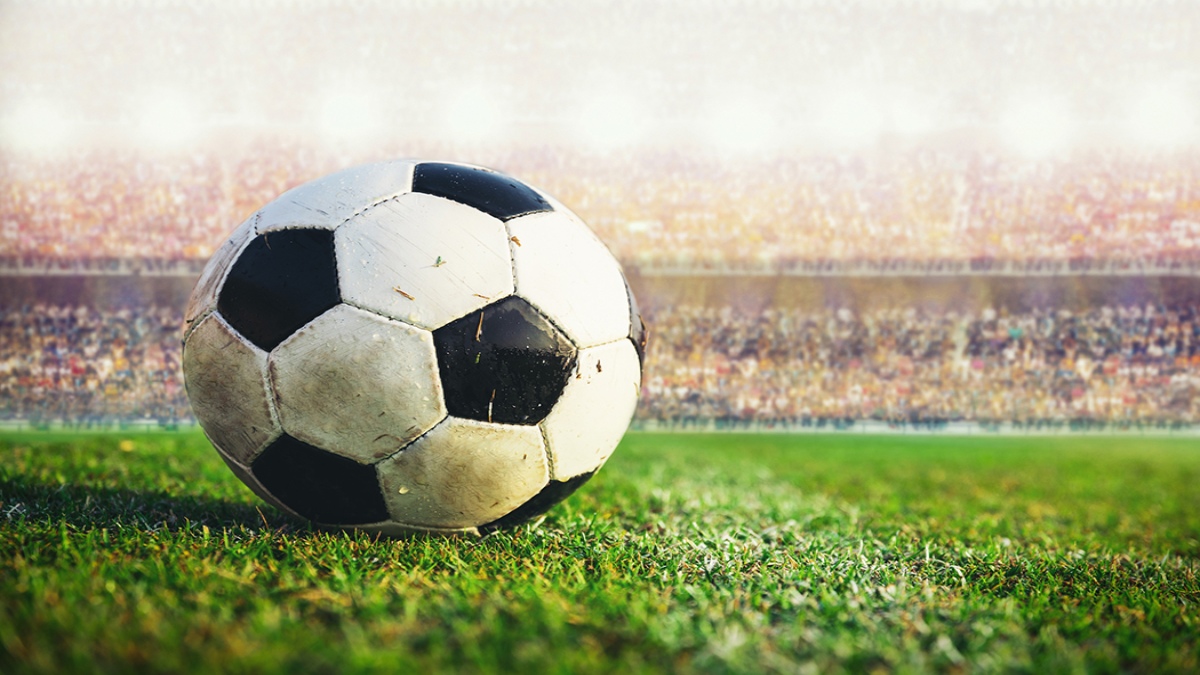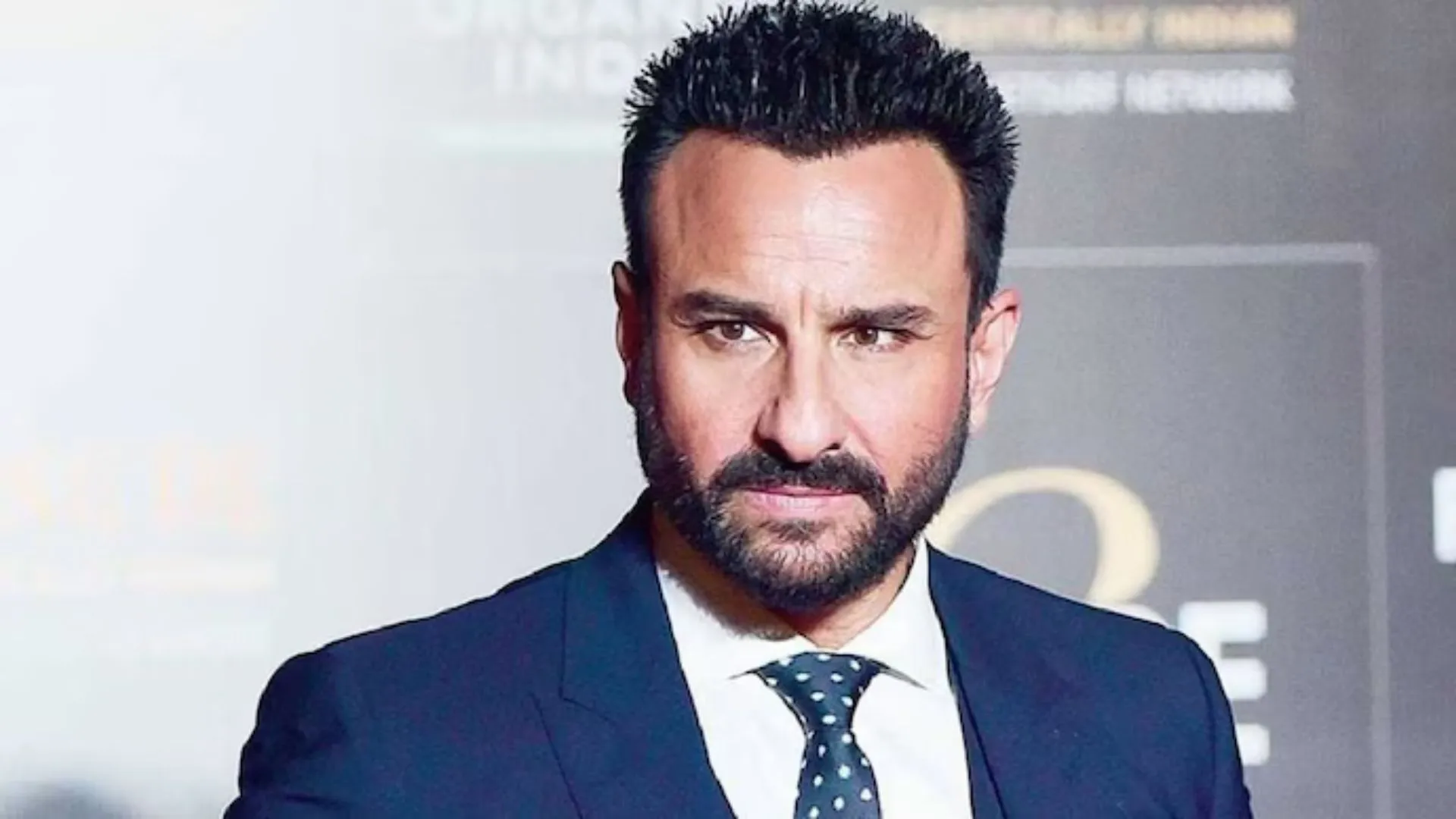Covid-19 has taken the world by storm after first reports of a new virus were made in late 2019, and it has only gotten worse in 2020. It has severely affected people’s lives, massive industries like corporations, education, etc. Sports too have been affected and the people involved in them have had to improvise, adapt and overcome the challenges. We have seen how mega events have been rescheduled or needed to go through many changes: Tokyo 2020 Olympics is just one example.
his research paper will dive deep however, into how Covid-19 has affected football, the most widely played and popular sport in the world. Many facets of the game have been severely affected, like the players, managers, coaches, owners and not to mention, what makes football the “Beautiful Game”: the fans. Not to mention, the financial hits faced by the clubs and organizations. This paper will focus on the elite level football only, rather than lower levels.
TOURNAMENTS AND LEAGUES
Massive tournaments like the UEFA Euros 2020, Copa America 2020 have had to be pushed back to 2021, although, funnily enough, the names have not been updated to 2021, just like with the Tokyo Olympics. Club football all over the world was temporarily suspended due to the virus’s first wave and delayed domestic leagues as well as continental club tournaments like the UEFA Champions League. International tournaments (usually held in the summer) being delayed made it easier for the club seasons, especially in Europe, to be concluded. Of course, some changes and modifications were made: UEFA decided to move away from the traditional two-legged knockout fixtures for the knockouts of the UEFA Champions League in August, after the club seasons were concluded post-restart (starting from the Quarter Finals, as most Round of 16 fixtures had been played the traditional way with only a few second leg fixtures that were not played due to the virus), for the 2019-20 season and single legged knockout games were played. Something similar happened with the second tier European Cup Competition- the UEFA Europa League. For context, the UCL and UEL finals were always played at the end of May/ start of June. Domestic leagues, which also usually finish in May, held the final few fixtures in June/July/early August. The delay of the two big international tournaments was important, as many players are usually on international duty to play the Euros, Copa, qualifiers or friendlies (depending on their nationality) during these months. As part of the new rules in the Premier League, a water break in each half, aside from the traditional half time break, was made compulsory as hydration is important to remain immune to the virus. Also, instead of the traditional 3 substitutes, 5 substitutes were allowed. Both these rules were for the remaining fixtures of the 2019-20 Premier League season. However some leagues and organizations decided to keep the 5 substitutes rule for the 2020-21 season too
PLAYERS/MANAGERS/STAFF
Players, managers, club staff have also been heavily affected by the consequences of the virus. Some financially stable and fortunate clubs were able to continue paying their employees but not even all the top clubs were able to do so, or at least they didn’t. To make it safe for games to be played after the temporary pause to the season, many new rules were made. Players, managers, staff had to stay in protected bubbles in club centres to prevent the spread of the virus, often away from their families. We can only imagine how draining that must have been. For instance, Liverpool FC furloughed their staff, attracting criticism from the football world considering their stature. Eventually, they went back on that decision and decided to pay their staff. Arsenal FC let go of 55 staff members and the man who wore the costume of their club mascot: Gunnersaurus. Fortunately, the latter got his job back after the football world made statements showing their disapproval of the decision. Arsenal footballer “Mesut Ozil” even offered to pay the Masco from his own pocket. Many players took paycuts and although the ones at the top level could afford to earn less for a while, many lower level footballers suffered and this put them in difficult financial situations until the game returned. Same happened with managers too. Other clubs have reacted to the pandemic in an impressive and selfless manner. Chelsea FC, thanks to their brilliant owner- Russian billionaire Roman Abramovich have been one of the top clubs that did a lot of work for the NHS. They offered the NHS workers housing at their hotel “Millenium Hotel” that were unable to travel long distances between their homes and hospitals and even paid for their stay. This is even more commendable when we take into account the fact that Roman Abramovich has not been allowed to work in England due to political differences between England and Russia and as a result has not watched a game at Chelsea’s home ground “Stamford Bridge”.
FANS
Fans of various clubs have also faced challenges. Due to how contagious the virus has been, all games since football restarted have been played behind closed doors, without fans being present. Now, if we look at this from just the point of view of fans, they have not had it easier either. Match goers, obviously more than others, have been affected. There are many fans who live and breathe for their club, whose only positive in the week is attending the games, or those who look at attending football games as an escape and recovery from whatever may be troubling them. The virus has been terrible for the fans as they have been unable to be there, spurring their team on to victory. However, things have started to improve. In the countries where the virus has been controlled, a certain number of fans have been present for recent games. For example, in the Krasnodar stadium in Russia, some fans were present when Chelsea FC travelled there for the UEFA Champions League game. Even Chelsea’s owner, Roman Abramovich was present and it was a welcome sight for Chelsea fans. Even the top leagues and organizations have recognized the financial as well as personal implications that the absence of fans has had. As a result, talks regarding safe and secure ways to bring back fans to the stadiums have begun. Things are starting to look good and if the virus doesn’t peak during these winter months, we can expect to see fans being brought back to the stadiums in the first half of 2021. What we do know for sure is that whenever that happens, the connection between the fans and the teams will only be stronger than before.
FINANCIAL IMPACT AND IMPACT ON THE YOUTH
Obviously, one of the biggest ways the pandemic has affected football is financially. As expected, the revenue that the clubs earned through the fans has obviously disappeared. Top level clubs/ clubs with wealthy owners have been able to deal with this well, but many other clubs, either ones with not so wealthy owners or at the lower level, have faced many challenges which resulted in the staff getting underpaid, being furloughed, etc. This has led to the smaller clubs in lower leagues, where revenue is already low, almost going bankrupt. Not only the teams, but top level organizations like The English FA or governing bodies like UEFA and FIFA have also faced losses. The transfer budgets of many clubs were reduced as well since they were unable to spend big during the pandemic, which already affected revenue. Aside from Chelsea FC, who saved up money the previous season due to their transfer ban, no club was able to spend big. However, if we look at this from a positive point of viewv, then we can say the bloated transfer fees that were only rising ever since 2016-17 due to inflation, TV rights and all will now be lesser. It is likely that for the next few transfer windows, transfer fees won’t be as high as projected pre-COVID.
Also, one of the other positives is that clubs that are unable to spend big due to pandemic, will now have to rely on their academies and youth talents. While clubs like Chelsea (due to their transfer ban and youth quality in 2019) and Ajax have done that excellently in recent years, other clubs that ignored their academies will be in positions where their youth will get more opportunities, and that is always a positive from a neutral perspective. Once the top clubs recover from whatever financial hits they took during the pandemic, their academy players may/may not as many opportunities since, after all, winning is the most important at that level, regardless of which players make that happen.
However, we can say things are improving and can expect football to return to the norm in 2021, or create an update norm post-COVID.























